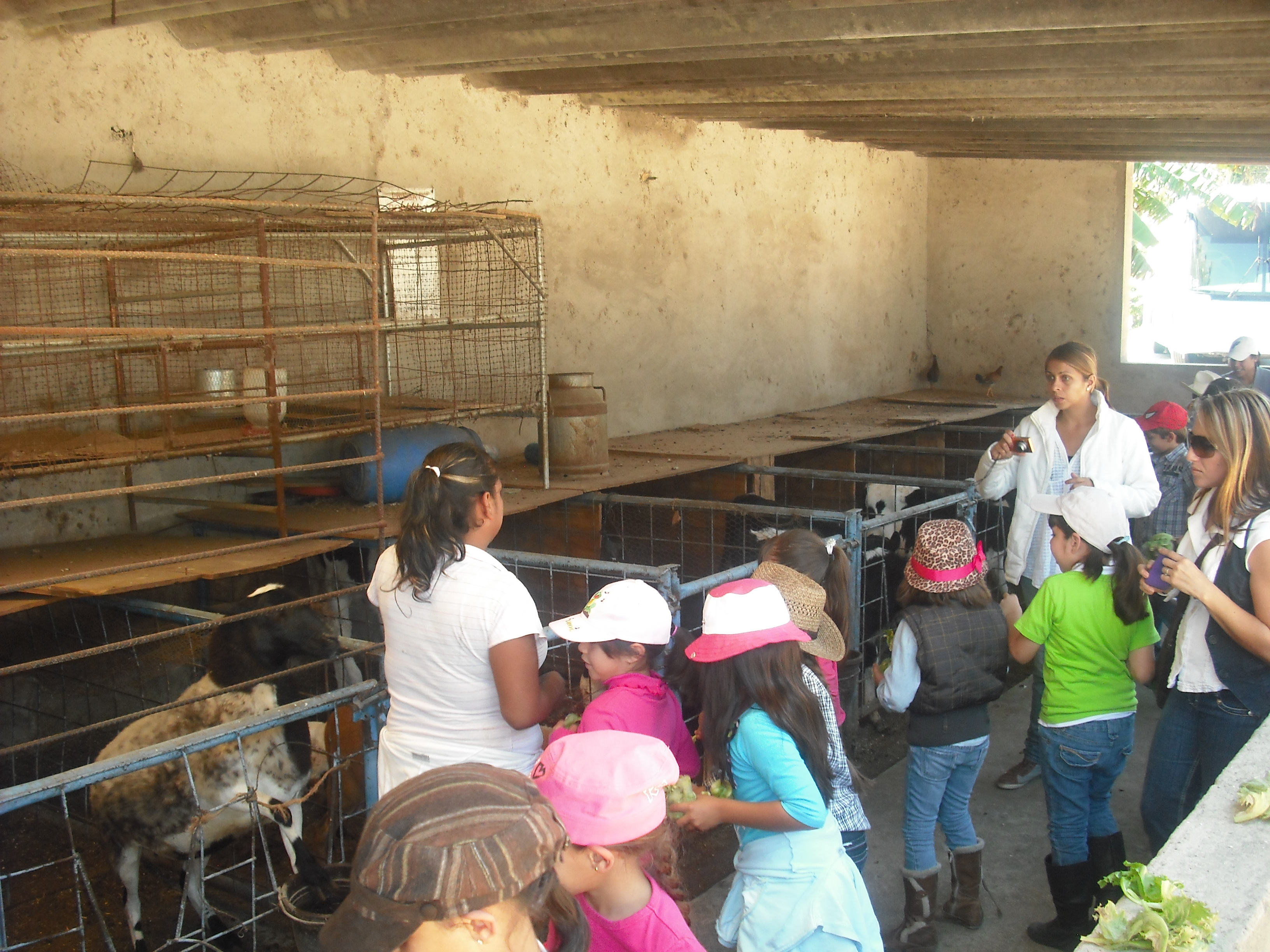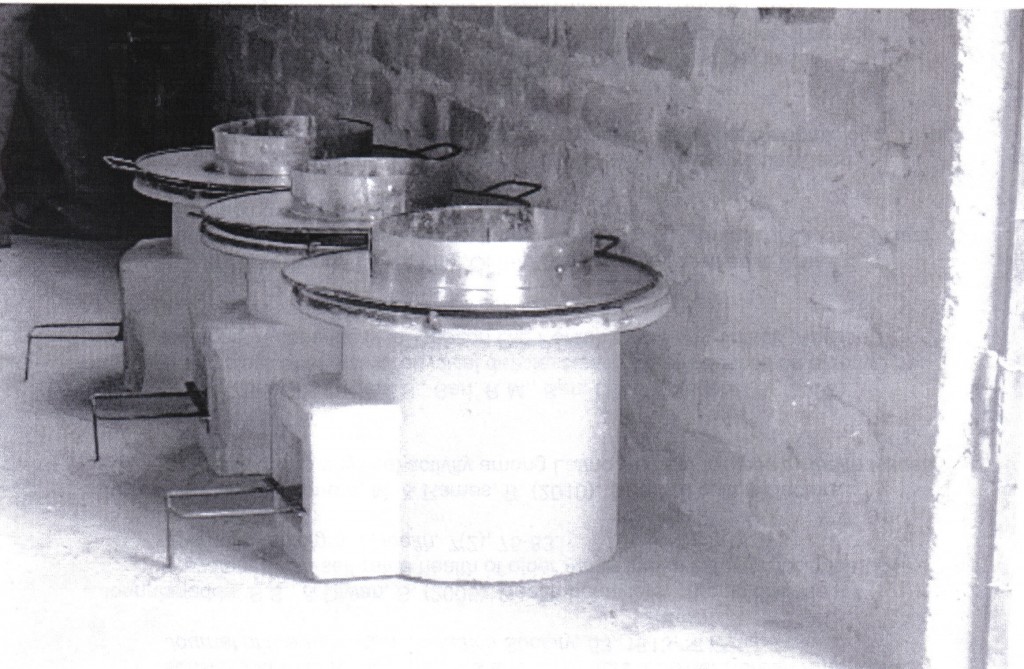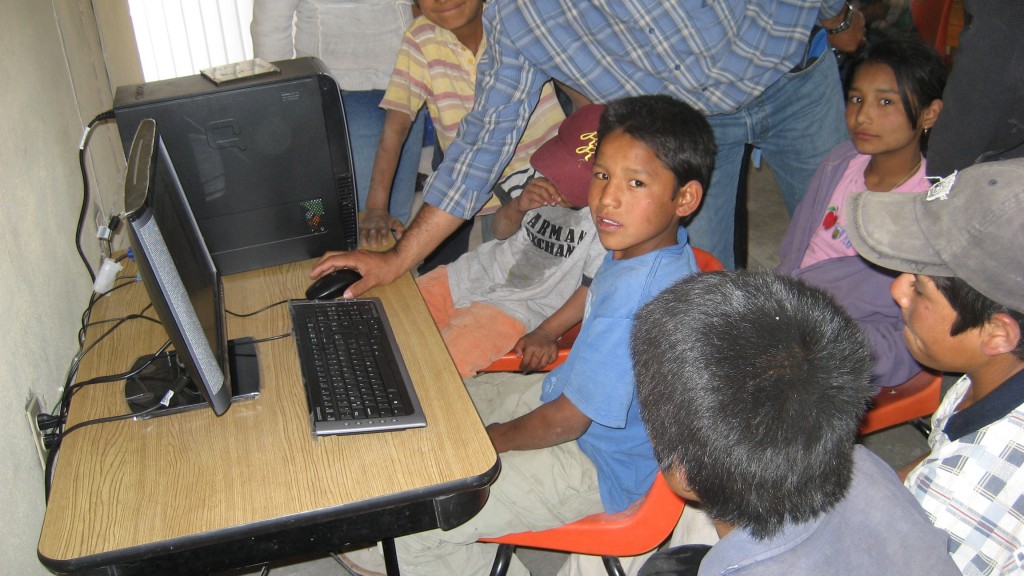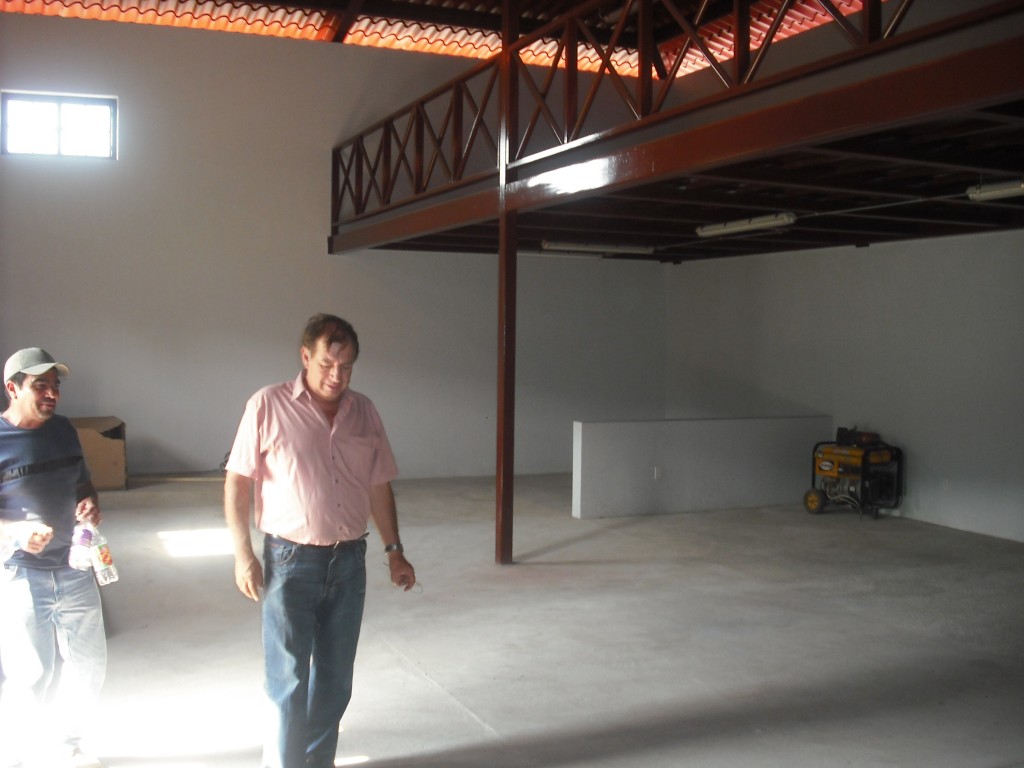Recently a FWOP Board Member visited the Santa Rosa Farm, west of Lake Chapala, south of Guadalajara. This working farm is also an educational site for students from two urban schools (www.SuBire.mx K- 12) and ( www.colegiounionmexico.com k-9 ) to learn about environmental and agriculture issues. As we explained below in another news item, students visit the farm five days a week, often with some parents.
The vision is to expand the scope and mission of the farm, e.g., create an Exploratorium for sustainable technology and sustainable agriculture. This summer Dr. Juan Francisco Ornelas , owner and operator, visited the Environmental Education program at the University of North Texas (UNT) to review their program. He also visited the City of Denton’s environmental education program in local schools. They take students to the Elm Fork Green Belt outdoor center and to the Denton waste site that recycles some materials, cleans up waste water and handles city garbage. This site provides electricity for 1600 houses from the methane powering a cap generator at the site.
On our recent visit to meet with Dr. Ornelas at Santa Rosa farm, we learned that he had completed an exhibit hall and a small archeological sand pit for young students to dig up bones of a horse or a camel, for example. He had seen a similar sand pit at the EESAT building at UNT where students from 1st to 5th grade dug up bones.
Initially Ana Paula, the new biologist at the farm and Dr. Ornelas will focus upon moving the farm toward a more organic production and to more sustainable and less carbon-based agriculture model. The next focus will be to create a place to visit alternative green technologies at the farm, so citizens in villages and neighborhoods can learn how to become more sustainable and healthier.. Below is the model of one clean stove from a factory in San Miquel de Allende established by Rotary Club in Oregon.
The team ( from Santa Rosa, SuBire , UNT , FWOP and local green companies) are reviewing the building at the farm to see how energy efficiency strategies might move the farm toward a “ net zero energy” site- so as to demonstrate how it can be done in other locations.
In the exhibit hall we plan to have alternative green technologies, such as clean stove models that burn more efficiently, water purification systems for home use, solar pump systems for drip irrigation systems, and water harvesting systems. Above is a solar panel system that was put into a remote rural school in the State of Zacatecas to operate one computer and provide light in the school.
When completed the farm will have dorms for teachers and rural high school students. The high school students while working on the farm will be able to secure a high school degree. In addition, students from SuBire and CUM will be visiting the farm; it is planned that the farm will accommodate visitors from villages and neighborhoods in the region. The Exploratorium would be a place to experiment with a wide range of technologies to improve the quality of life.





